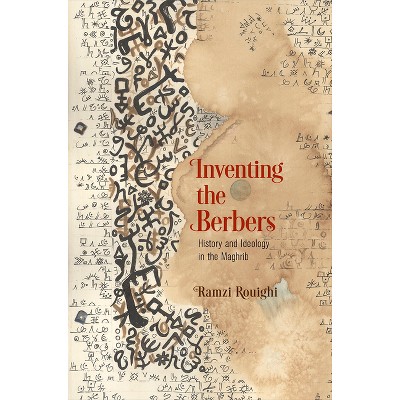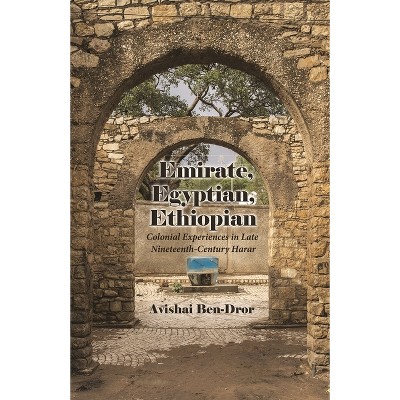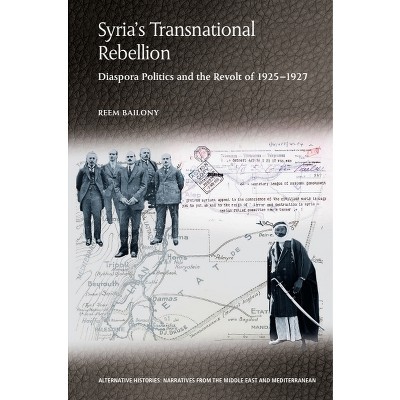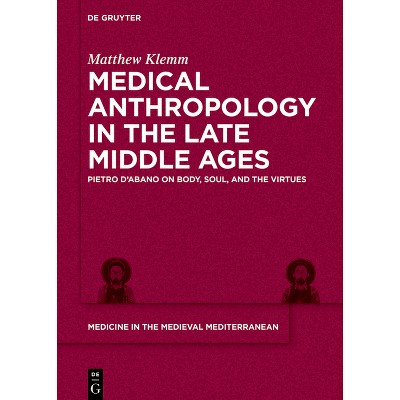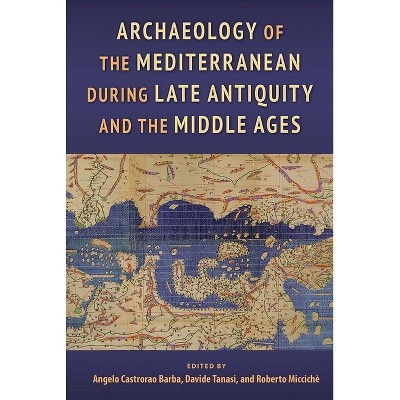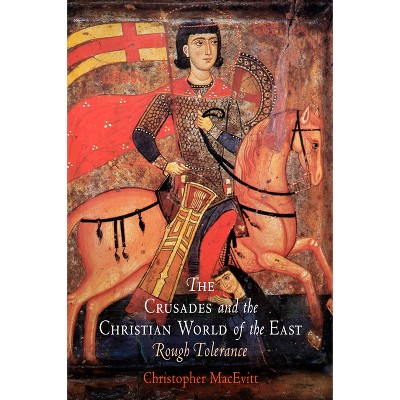The Making of a Mediterranean Emirate - (Middle Ages) by Ramzi Rouighi (Hardcover)

About this item
Highlights
- The thirteenth century marks a turning point in the history of the western Mediterranean.
- About the Author: Ramzi Rouighi teaches history at the University of Southern California.
- 248 Pages
- History, Africa
- Series Name: Middle Ages
Description
About the Book
This book argues that between 1200 and 1400 Ifrīqiyā was not an economic or political region. It shows how Emirism, a political ideology that emerged at the end of the fourteenth century, led both medieval sources and modern historians to imagine Ifrīqiyā as a region.Book Synopsis
The thirteenth century marks a turning point in the history of the western Mediterranean. The armies of Castile and Aragon won significant and decisive victories over Muslims in Iberia and took over a number of important cities including Cordoba, Seville, Jaen, and Murcia. Chased out of their native cities, a large number of Andalusis migrated to Ifrīqiyā in northern Africa. There, a newly founded Hafsid dynasty (1229-1574) welcomed members of the Andalusi elite and showered them with honors and high positions at court.
While historians have tended to conceive of Ifrīqiyā as a region ruled by the Hafsids, Ramzi Rouighi argues in The Making of a Mediterranean Emirate that the Andalusis who joined the Hafsid court supported economic arrangements and political relationships that effectively prevented regional integration from taking place during this period. Rouighi examines an array of documentary, literary, and legal sources to argue that Ifrīqiyā was integrated neither politically nor economically and that, consequently, it was not a region in a meaningful sense. Through a close reading of narrative sources, especially historical chronicles, Rouighi further argues that the emergence in the late fourteenth century of the political ideology of Emirism accounts for the representation of the rule of the Hafsid dynasty over cities as its rule over the whole of Ifrīqiyā. Setting the activities of Andalusis such as the celebrated historian Ibn Khaldūn (1332-1406) in relation to specific political, economic, and intellectual developments in Ifrīqiyā, The Making of a Mediterranean Emirate proposes a counter to the dynastic-centric view of the period that pervades medieval sources and continues to inform most modern generalizations about the Maghrib and the Mediterranean.
Review Quotes
"An engaging and fresh look at the creation of the history of medieval Ifrīqiyā and the nature of political power and intellectual culture in the premodern Maghrib-a must-read for students and scholars of the region. Rouighi argues convincingly against the grain of the nation-centered historical paradigm, highlighting the challenges that faced Hafsid rule, and teasing out the subtleties of the intellectual tradition that emerged as the dynasty's standard-bearer."-- "The Medieval Review"
"This book is a much needed contribution to an understudied field. The use of narrative histories as source material is where Rouighi's remarkable talents as a historian emerge. He demonstrates that by asking the right questions, one can write social and economic history using sources focused on other agendas. Not only does he painstakingly extract information on land tenure, commerce, commodities, and rural life that the chronicles almost never address directly, he also explains the historical contexts in which the sources themselves came into being and what kinds of biases are embedded in them. Herein lies one of this book's major contributions: its simultaneous treatment of history and historiography."-- "Marina Rustow, Johns Hopkins University"
About the Author
Ramzi Rouighi teaches history at the University of Southern California.Shipping details
Return details
Trending History






